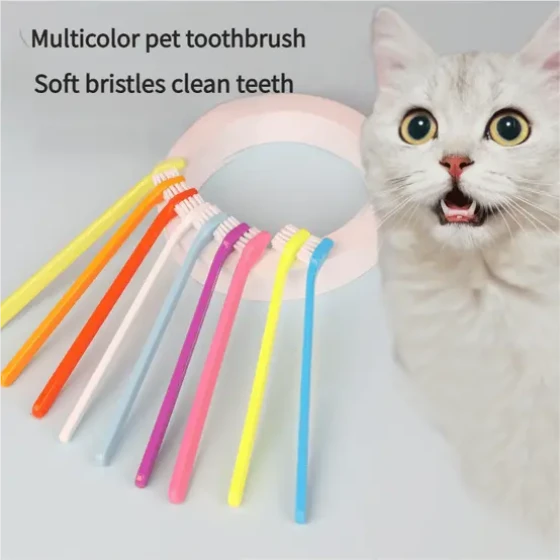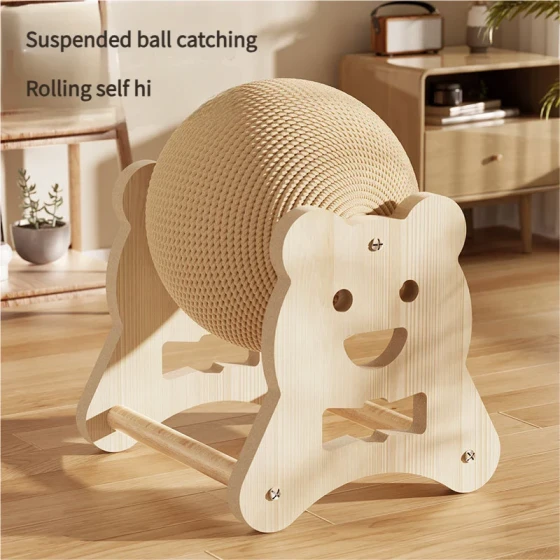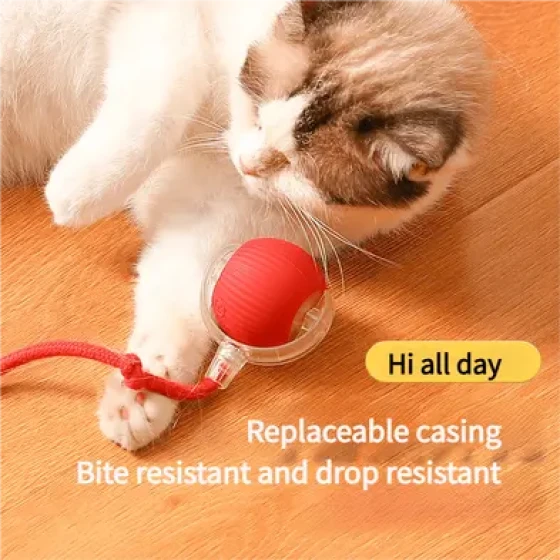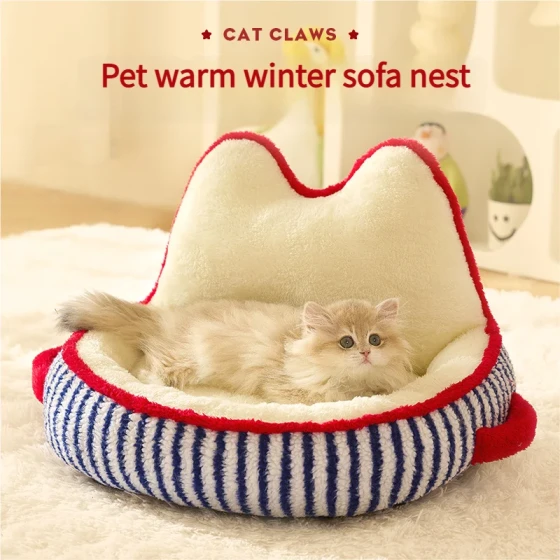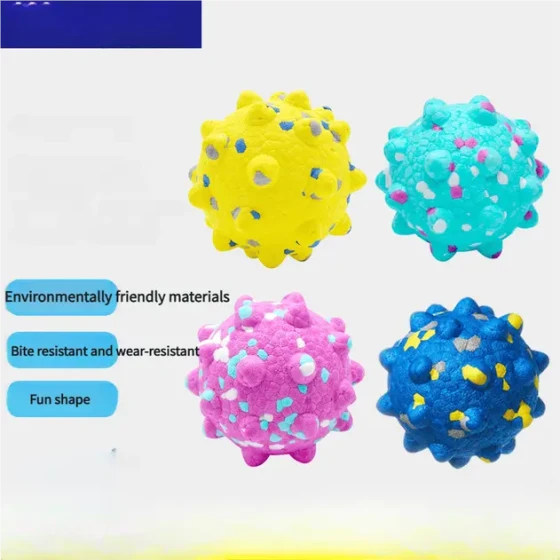What to Do If a Kitten Is Constipated? Use Medicine When Needed
Cats as animals are becoming increasingly popular pets nowadays. In fact, cats, like humans, can suffer from constipation. If we notice the cat always stays in the litter box but doesn't defecate, the cat might be constipated. So what should we do when the cat is constipated?
First, we need to check if the cat is really constipated. We can observe if the cat's urination is normal. A healthy cat typically urinates about two to three times. However, if the cat has a bladder infection or urethral obstruction, urination becomes very difficult. These conditions are not constipation but are still serious problems. A healthy cat usually defecates once a day, and the feces are hard and formed. If the cat shows signs of straining to defecate, small, hard, and dry stools, decreased appetite, lethargy, vomiting, or abdominal discomfort, these are likely indicators of constipation.
If the cat exhibits constipation symptoms, early treatment is necessary because inability to defecate may not be an acute incident but a sign of other serious diseases. Constipation can lead to many issues, such as colonic dilation and colonic obstruction. When a cat is constipated, ensuring it drinks plenty of water and feeding fiber-rich foods like pumpkin mixed into the cat's food can help relieve constipation.
We can also give cats medication to treat constipation, such as Domic. Hairball paste can also be administered because one major cause of cat constipation is that cats frequently lick their fur, which causes hair ingestion and intestinal blockage. For constipation, medications that enhance the cat's large intestinal contractions can help the cat defecate more easily. However, if the constipation is severe, it is essential to take the cat to the hospital promptly.
